Identify the type of business that’s right for you
Make a list of the types of business that are right for you:
- Eliminate that business in areas you are not interested on.
- Consider your experience, capabilities and talents
- Identify “practical conditions” such as: distance from your home, days and hours of work required.
- Amount of money available for buying the business; consider adding financing to your personal resources.
Hire an experienced broker
A business broker will assist in the whole buying process and help you deal with the obstacles that may develop along the way.
- Will look up business for sale that matches your needs.
- Will screen businesses that are for sale to determine if there are major problems and make certain that the business being sold exists. The broker will also guide you through the process of buying, and help you deal with snags that may develop along the way. However, the broker’s fee to sell the business will probably result in a higher sales price for you, even if the seller is the one who’s nominally paying this commission
Determine the Value of the Business
While there are a number of methods used to value a business, the most common formula for smaller transactions is a multiple of seller’s discretionary earnings (S.D.E.). This type of market-based valuation involves recasting profit-and-loss statements — adding back owner’s salary, perks and nonrecurring expenses — to find the S.D.E. of the business and then using comparable data for similar businesses to arrive at an appropriate multiple
- Letter of Intent: The letter of intent should spell out the proposed price, the terms of the purchase and the conditions for the sale of the business.
- Confidentiality Agreement: A confidentiality agreement indicates that you t will not use the information about the seller’s business for any purpose other than making the decision to buy it.
- Contracts and Leases: If the business has a current lease for the location, be aware that you may have to work with the landlord to assume any existing lease on the business premises or negotiate a new lease.
- Financial Statements: Examine the financial statements from the business for at least the past three years.
- Tax Returns: Review the business’s tax returns from at least the past three years.
- Important Documents: Numerous documents should be checked during your investigation. Examples include property documents, customer lists, sales records, advertising materials, employee and manager information and contracts.
- Professional Help: A lawyer and an accountant should be involved in the purchase transaction to help review the legal and organizational documents of the business and evaluate the financial condition of it.
- Sales Agreement for Buying a Business
- The sales agreement is the key document to finalize the purchase of the business. This agreement defines everything that you intend to purchase including business assets, customer lists, intellectual property and goodwill.
- Licenses and permits

